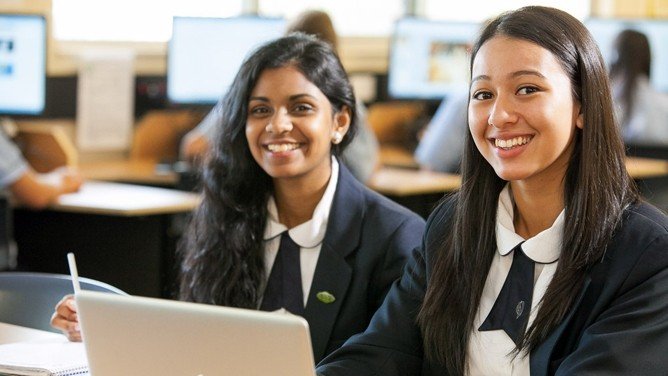What can i expect in Year 10 English GCSE?
Are you starting Year 10 and your GCSE studies? I bet you're feeling a little anxious about what to expect? Don't worry, I've got three great tips for what things to expect in Year 10, and how to deal with them.
Year 10 English can seem like a rehearsal year for the last two years of secondary school. However, this does provide students with the opportunity to practise and refine the skills needed to secure a strong qualification later on.
That’s why Year 10 in which learners should dig deep. English is the kind of subject that increases in complexity each year. While there might not be a bunch of new content to learn, as in, say, science or geography, they will need to understand more sophisticated texts, think more critically about language use and be a lot more savvy when responding to texts.
Three Things to Expect in Year 10
1.More homework
Until now, your homework has probably been somewhat sporadic, with some being given in some lessons and not others. Now you're in Year 10, you can expect more homework on a more consistent basis and, (and I'm not trying to scare you!) it will take longer to complete. The new GCSE syllabuses are crammed full of learning, and it's difficult for your teachers to fit all of this in during lesson time, so you'll probably find that some of the work will be covered by giving it as homework.
How can you cope with this?
You need to expect and accept it! It will be easier if you're mentally prepared for more regular and longer homework tasks. My top tip here is to plan and organise your time. Have a look at my post about the weekly routine of a straight ‘A' student for the best way to do this.
2. The pace of teaching will increase.
There will be more information to cover in each subject, so you will find that your teachers are more focused so that they can get through everything on their lesson plan; there is no time to waste! They will want to be sure that you have understood the work before moving on.
How can you cope with this?
Be ready to learn; this means turning up to lessons with the right attitude and the right equipment. Expect to concentrate and pay close attention.
If you have some learning differences, such as dyslexia or dyspraxia, for example, you may feel daunted at the prospect of a change of pace to your lessons. What will really help here is an open and honest conversation with your teachers about what will help you to keep up. Perhaps a printed lesson plan would help? If you need something, don't be afraid to ask! It will make both yours and your teacher's lives easier.
3. The difficulty increases
You will find in Year 10 that the work is harder. There's no getting away from it! Being pushed is how we grow and improve.
How can you cope with this?
Be focused, keep up with the pace and organise your time – do these things and you'll be fine! Don't be scared of the work – it won't change anything. You can do this!
Preparing for GCSEs in Year 10 is essential to setting yourself up for success. By understanding the GCSE curriculum, mastering time management and study strategies, and preparing well for your exams, you’ll be able to make the most of this crucial time. Remember to keep things in perspective. Year 10 is still early in the process and you don’t have to spend all your free time on revision. It’s important to relax and pursue other interests.
Remember, the earlier you start preparing, the more time you’ll have to review the material and build your confidence. So, take action now and start preparing for your GCSEs today!
Check out our GCSE English Literature - Unseen Poetry Tutorial!



